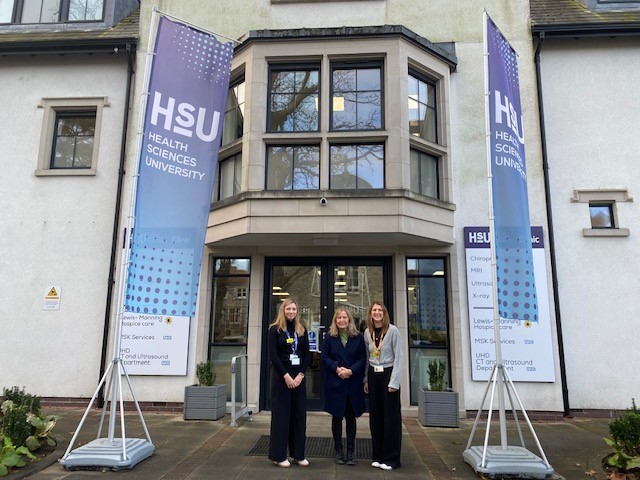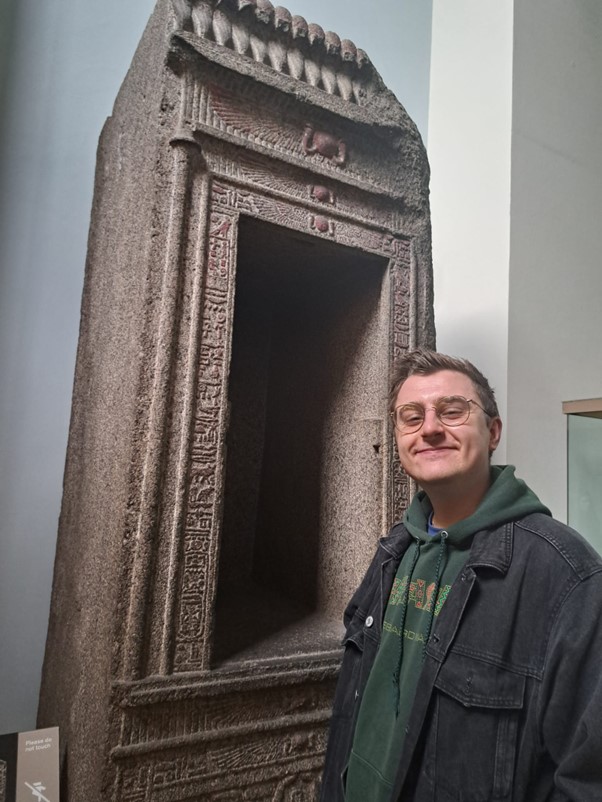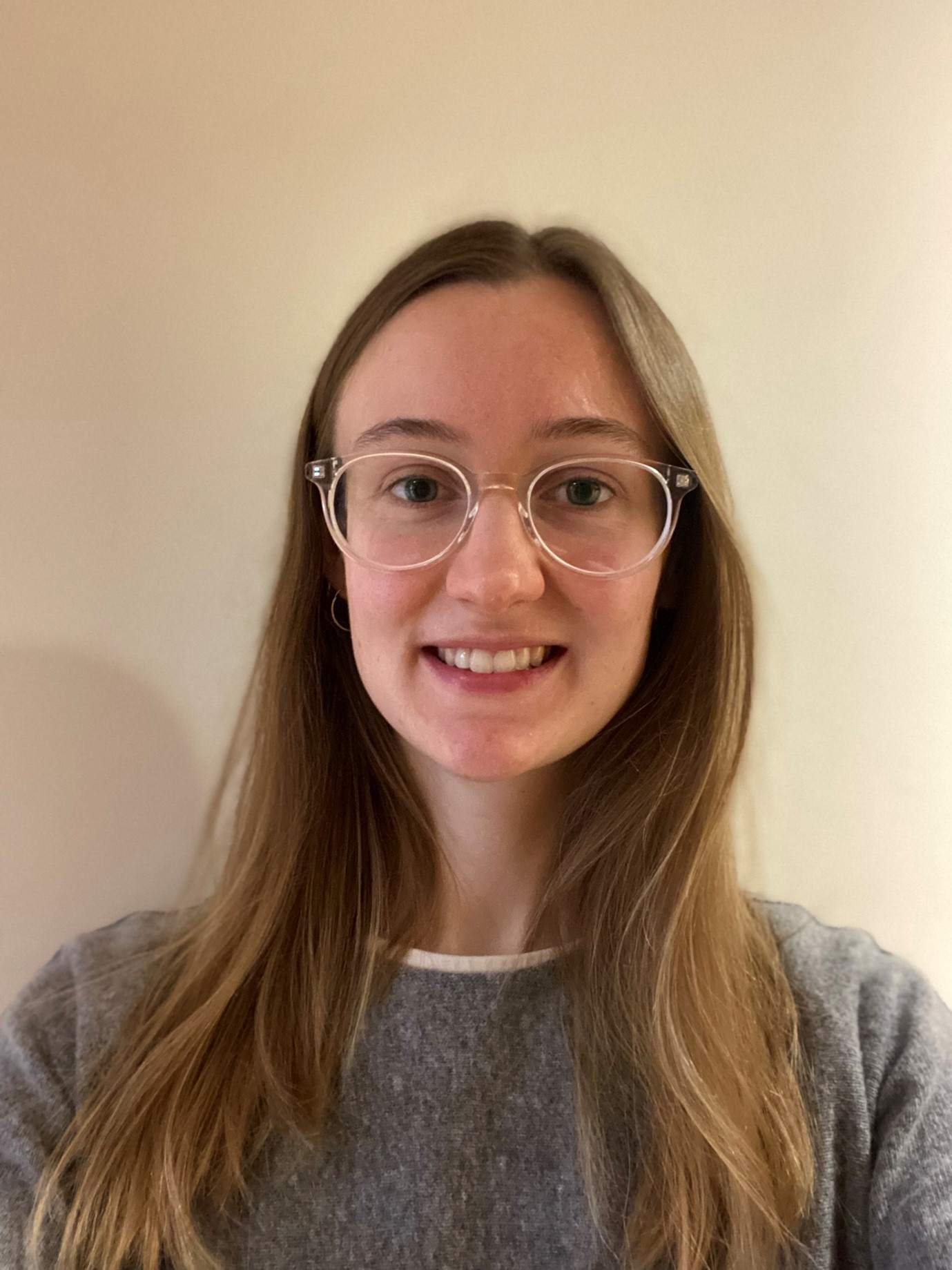Understanding and supporting Allied Health Professionals beyond preceptorship:
Building a future-ready workforce
Building a future-ready workforce

Allied Health Professionals (AHPs) compromise a significant part of the health and care workforce, spanning 14 professions across a variety of settings [1]. Two elements are recommended for newly-qualified AHPs known as preceptorship (structured traditional support for those new to roles) [2], and foundation support (the upskilling of newly qualified AHPs within the first two years of registration) [3]. Whilst the NHS identifies these are two distinct elements of support as individuals transition into employment, there is limited exploration and definition of foundation support. Previous research has explored the experiences and evaluation of preceptorship programmes [4-6]. A realist synthesis and stakeholder views were used to develop the HCPC Principles for Preceptorship and NHS England’s accompanying AHP Preceptorship Standards and Framework, with a supporting toolkit [2]. This includes recommendations on protected time to complete learning and development opportunities over a 12-month period to facilitate development as an autonomous professional. However, despite the National AHP Preceptorship and Foundation Support programme aim to provide development opportunities and support, the definition and recommendations for foundation support are limited to: “a matrix of opportunities for professional and personal development for AHPs, that supports upskilling across the 4 pillars of practice”[7]. There is a significant gap in understanding of the requirements for foundation support for AHPs.
Email: mholmes@aecc.ac.uk
This research aims to understand the processes and elements required for foundation support for AHPs.
This project will be answered through four phases utilising a mixed-methods approach. Phase 1 will be a review of existing literature to examine the current evidence base of foundation support to identify the context and factors contributing to successful foundation support. Acknowledging the current lack of published literature on foundation support for AHPs, this may include a variety of grey literature and evidence of foundation support for other professions.
Phase 2 will identify current processes and resources for foundation support through a national survey to stakeholders advertised through organisational networks, such as AHP Faculties and Councils. The survey will use a mixed-methods embedded design, capturing insights on perceptions of foundation support. Data analysis will include descriptive statistics, thematic analysis [8], and a mixed-methods analysis [9].
Phase 3 will explore the perceived critical elements of foundation support via in-depth interviews with AHPs within the first two years of registration. The sample will be drawn from phase 1 and 2 and focus on AHPs with experience of the phenomenon using a purposive approach to reflect a broader range of experience and demographic variables. A hermeneutic phenomenological approach will be taken, providing a nuanced insighted and exploration of AHPs lived experiences [10]. Interviews will be recorded and transcribed, then analysed using Alsaigh and Coyne approach to interpretation of phenomenological data [10].
Phase 4 will be a mixed-methods synthesis of the findings of phase 1-3 using a triangulation protocol [11]. Key themes will be summarised with data and developed into a series of recommendations for foundation support for AHPs.
This research aims to increase awareness on foundation support for AHPs and provide a series of recommendations supporting the existing framework and standards on preceptorship [2]. This research aims to provide the basis for future work including designing programmes and resources to underpin foundation support, implementation of a framework, and evaluation of future foundation support.
The outcomes of this project would underpin national NHS workforce planning to ensure AHPs receive high quality foundation support, standardising the support available and helping the NHS to upskill and retain AHPs as they transition into employment. This project will fit into the wider research agenda to improve recruitment and retention of NHS staff and supporting the development of a diverse workforce.

We have funding available via fee-waiver support for up to three UK home students. Applicants are asked to make it clear as part of their application that they are applying for this opportunity. Decisions will be made based on the excellence of the candidate.
Self-funded students are also welcome to apply for this project. Self-funded students can be UK home students or international students.

Available to UK students.


NHS England, The Allied Health Professions strategy for England: AHPs Deliver. 2022: United Kingdom.
NHS England, AHP Preceptorship Standards and Framework. 2023: United Kingdom.
Ford, G., et al., Allied Health Professions Support Workforce: Delegation, accountability, and clinical supervision. 2023: United Kingdom.
Salt, E., K. Jackman, and A.V. O’Brien, Evaluation of Staffordshire, Stoke on Trent Allied Health Professionals preceptorship programmes: a mixed method UK study. BMC Medical Education, 2023. 23(1): p. 591.
Carver, H. and A. Lazarsfeld-Jensen, Operationalising the Multidimensional Role of the Paramedic Preceptor. Australasian Journal of Paramedicine, 2018. 15: p. 1-10.
Dean, S. and G. Cornell, Preceptorship for the newly-qualified practitioner (NQP) in Allied Health Professions (AHP): A systematic review of perspectives on AHP preceptorship programmes. Physiotherapy, 2021. 113: p. e33-e34.
NHS England. Foundation Support. n.d. February 2025]; Available from: https://www.hee.nhs.uk/our-work/allied-health-professions/education-employment/national-allied-health-professionals-preceptorship-foundation-support-programme/foundation.
Braun, V., et al., Thematic Analysis, in Handbook of Research Methods in Health Social Sciences., P. Liamputtong, Editor. 2019, Springer Nature: Singapore. p. 843-860.
O’Cathain, A., E. Murphy, and J. Nicholl, Three techniques for integrating data in mixed methods studies. British Medical Journal, 2010. 341: p. 1147-1150.
Alsaigh, R. and I. Coyne, Doing a hermeneutic phenomenology research underpinned by Gadamer’s philosophy: A framework to facilitate data analysis. International Journal of Qualitative Methods, 2021. 20: p. 16094069211047820.
Farmer, T., et al., Developing and implementing a triangulation protocol for qualitative health research. J Qualitative health research, 2006. 16(3): p. 377-394.
Discover and read all the latest news, press releases and happenings here at Health Sciences University.

Health Sciences University (HSU) recently hosted a thought-provoking panel discussion in celebration of International Day of Women and Girls in Science.

Dr Mahitha Naidu has recently graduated from the MSc Podiatry (Pre registration) course at Health Sciences University.

Health Sciences University, in collaboration with Dorset HealthCare, has launched a new Brain Health Clinic on its Bournemouth campus.

Carla tells us more about her experience of the course so far and what she enjoys about being part of the HSU community.

Dan Egelstaff is a First Year student on the MSc Occupational Therapy (pre-registration) course. The degree at Health Sciences University appealed to Dan when he was working as a Learning Disabilities Support Worker during the Covid-19 pandemic.

Natalia Purkiss is in her first year of the MSc Occupational Therapy (pre-registration) course at Health Sciences University.
Health Sciences University
Bournemouth Campus
Parkwood Road
Bournemouth
BH5 2DF
Health Sciences University
London Campus
275 Borough High Street,
London
SE1 1JE